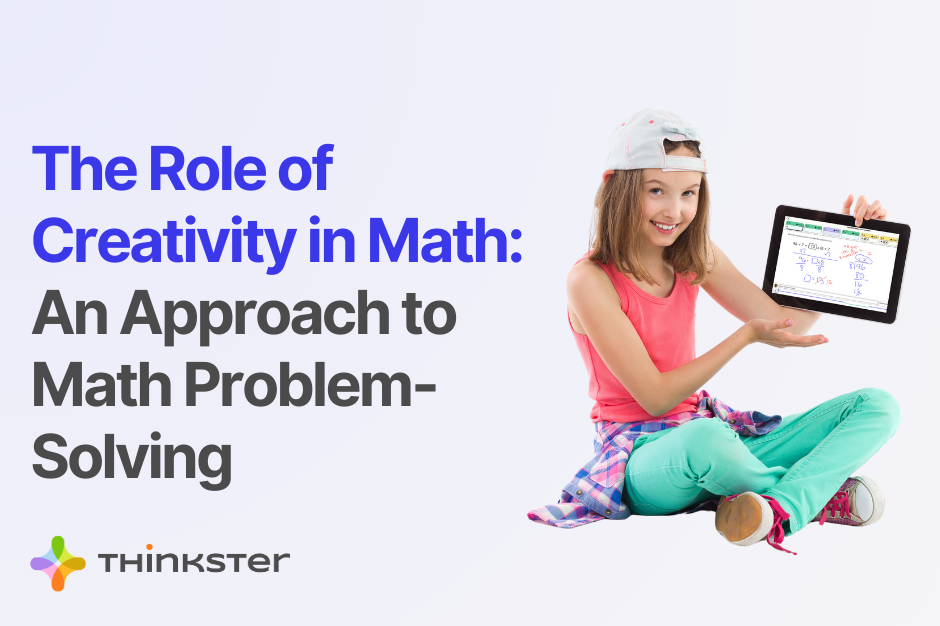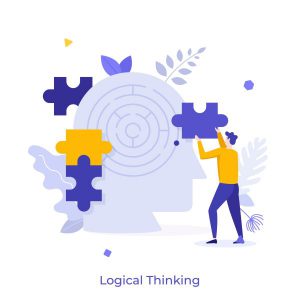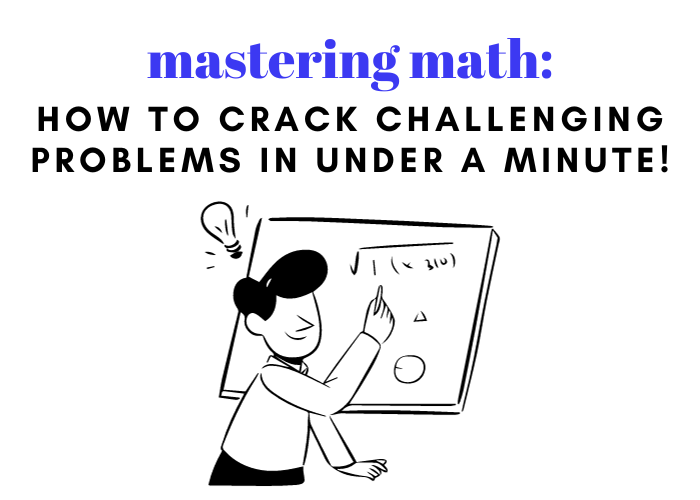

Last Updated on June 3, 2022 by Thinkster
If you were to break cognitive ability down into its simplest terms, it’s the act of learning. However, there are many different processes involved. Cognition uses thinking, perception, problem-solving, knowing, judging, and more. To explain it best, just imagine all the different ways we input and analyze information. Our brains are essentially computers. And they’re downloading data all day, every day. Cognitive abilities are the ways we can train ourselves to make use of all of these inputs.
Though we’re usually not consciously aware of this influx of images, sounds, and experiences, it’s always there. How our minds assimilate, organize, and retain this information is called our cognitive process.
For example, every time your mind forms a memory, it’s completing a cognitive process. So, while you thought you were just having fun that first time you took the children to Disneyland, your brain was actually using cognition to store the experience. If you lacked cognitive ability, the memory of that vacation would be lost. And without cognition, it would be impossible to make decisions — not just good decisions, but all decisions. When infants learn to talk, to walk, and to use the potty correctly, that’s their cognitive processes at work. And when you memorize the route to work each morning or learn on which floor your office is located, that’s cognition. Cognitive abilities encompass a wide range of learned skills you and your family need to survive and to be successful. They include:
These are only a few cognitive abilities. In reality, there are many more.
Most parents realize that if their child wants to do well in school or succeed in college, they must use cognitive processes. But truthfully, cognition is much more basic. Your cognitive abilities allow you to drive a car, write an essay, debate an issue, and fill out a college application, it’s true. But they also help you decide what clothes to wear and how to tie your shoes each day. They’re valuable skills your children need to succeed in school and in life. And while many cognitive abilities seem to form naturally, others require effort to master. As a parent, you can help your child develop these all-important skills.
The Centers for Disease Control and Prevention suggests several ways parents can interact with their children to hasten healthy development of cognition and other skills. And they’re more routine than you might think. They begin with being predictable, or as some parenting specialists would say, consistent. When you consistently discourage your child from touching the hot stove, they learn to refrain. Similarly, when you consistently enforce a curfew on your teen and provide reasonable consequences for breaking it, your child learns to return home on time. You call it good parenting, but essentially, what you’re doing is helping to encourage your child’s cognition. They’re learning about rules and consequences, safety, and expectations. There are many activities you can do with very young children to help them gain a better understanding of how the world works and how to function more successfully in it, including:
With very young children, it’s not all about quizzing them on letters, numbers, colors, and shapes, though instruction in these categories is beneficial. It’s more about giving them time and space to play, both alone and with peers. It’s about providing them with learning experiences such as going to a park or visiting a pet shop. It’s about reacting consistently and reasonably when they break a rule, and it’s about allowing them to make mistakes. Every time you do any one of these activities with your child, you’re making their world bigger and more exciting. And you’re helping them develop cognitive skills such as observation, understanding, and theorizing.
Almost any game you can play with your child will help them develop cognitive skills. Some, however, may be more constructive than others. Puzzles and mazes are ideal, but so is sitting down with your toddler and having a tea party or singing a song together. Matching games are always a good choice, so are games such as “I Spy” or “Simon Says.” Pointing out unusual license plates on a long car trip or counting the number of red cars in a parking lot helps your child develop critical thinking skills, too.

For older children, board games such as Monopoly or Risk are good choices, so are video games, such as Minecraft, that let your child build and explore open worlds with few limitations. Card games like Solitaire, Uno, and Crazy Eights are also good choices.
In reality, really any game that requires children to calculate the value of money, solve a mystery, win a battle, or sink an opponent’s battleship all hone critical thinking because they require thought and strategy — two skills that are vital for your child’s success in life.
If you’re a new parent who’s worried about your child’s cognitive development, it’s okay to relax, take a breath, and keep on parenting. By emphasizing play and simply talking to your children, you’re already giving them a leg up on their cognitive abilities. As they grow older and begin to develop interests of their own, you can begin to narrow the focus by supporting the activities they enjoy. Your child may grow up to be athletic, a bookworm, a science nerd, or all of the above. They may enjoy the same things you enjoy, or they may branch out in wild, unexpected directions. Regardless, be there to support them. Show interest in what they’re doing. And make sure they have access to the clubs or tournaments they want to attend. In these ways, you can help your children become the best possible versions of themselves. There are no limits to what a confident, well-adjusted child can achieve. As a parent, you can nurture these traits by encouraging the development of cognition from an early age. We wish you a joyful and adventurous journey.
There is such a wealth of information available regarding the cultivation and nurture of cognition that it’s difficult to know where to begin. The good news is there’s a format and platform for every parent and child. Whether you prefer to read a book, visit an online site, or watch a video, you’ll find something of interest in the following resources:


